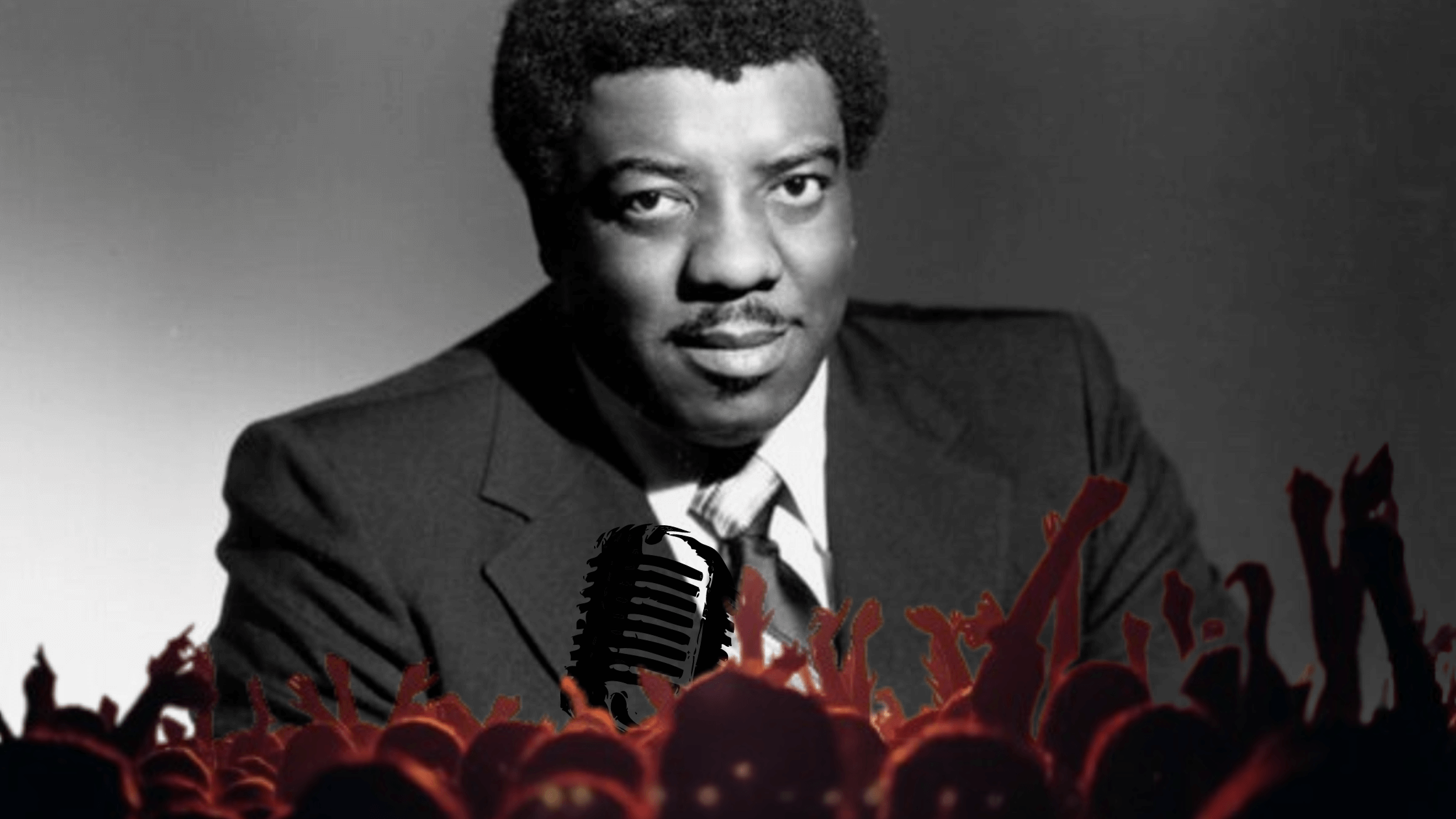James Cleveland, the “Crown Prince of Gospel,” left an indelible mark on the world of gospel music. His powerful voice and inspiring compositions touched the hearts of millions. But behind the scenes of his remarkable career were struggles, controversies, and triumphs that defined his journey. In this article, we delve into the life of James Cleveland, exploring his early days, rise to fame, controversies, best songs, and the circumstances surrounding his passing.
Early Days – James Cleveland:
James Cleveland’s early years were deeply rooted in the rich musical and religious traditions of the African-American church.
Growing up in Chicago, he was exposed to gospel music not only through his mother’s involvement in the church choir but also through the vibrant gospel music scene that thrived in the city.
His mother, Rosie Lee Cleveland, played a pivotal role in nurturing his musical talents. She recognized her son’s exceptional voice from a young age and encouraged his involvement in church activities. Under her guidance, James honed his vocal skills, learning the nuances of gospel singing and the importance of delivering a heartfelt message through music.
Pilgrim Baptist Church, where James sang in the choir, served as his early training ground.
This historic church was renowned for its contributions to gospel music, with Thomas A. Dorsey, often called the “Father of Gospel Music,” being a prominent figure there. Cleveland’s exposure to this environment shaped his understanding of gospel music as a powerful vehicle for expressing faith and emotion.
As a teenager, James Cleveland’s talent became increasingly evident. His ability to convey deep emotion through his singing set him apart, and he began to attract attention not only within the church community but also in the broader gospel music scene. His voice, with its distinctive timbre and range, was destined to make a significant impact.
Rise to Fame
Cleveland’s rise to fame in the gospel music world was a testament to his talent and determination. In the 1950s, he joined the Gospelaires, a gospel group that performed in various churches and events. His performances quickly gained attention, and he soon became the lead singer of the group.
In 1959, James Cleveland founded the Southern California Community Choir, which would become one of his most enduring musical collaborations. This choir played a pivotal role in his career, providing the backing vocals for many of his iconic recordings.
Throughout the 1960s and 1970s, Cleveland released a series of gospel albums that earned critical acclaim and commercial success. His albums, including “Peace Be Still” and “In the Ghetto,” showcased his ability to blend traditional gospel with contemporary elements, making his music accessible to a broader audience.
Controversy
While James Cleveland was celebrated for his musical talents and contributions to gospel music, he was not without controversy. One of the most significant controversies surrounding his career was his sexuality. Cleveland was a closeted gay man during an era when homosexuality was less accepted than it is today. This aspect of his life was often kept hidden from the public eye, and it created personal challenges for him.
Suggestion: What Really Happened to Third Day?
The gospel music industry, deeply rooted in religious conservatism, presented a challenging environment for someone grappling with their sexual orientation. Despite the challenges, Cleveland continued to create music that resonated with people from all walks of life, but he faced personal struggles in his private life.
Best Songs
James Cleveland’s discography is filled with gospel classics that have stood the test of time. Some of his best-known songs include:
- “Peace Be Still” – This iconic track is often considered one of Cleveland’s greatest achievements. Its stirring message of hope and tranquility resonated with listeners and became a staple of gospel music.
- “God Is” – Another beloved song, “God Is” showcases Cleveland’s incredible vocal range and his ability to deliver a heartfelt message of faith and devotion.
- “I Don’t Feel Noways Tired” – This uplifting song is a testament to Cleveland’s enduring spirit and his ability to inspire others through his music.
- “Can’t Nobody Do Me Like Jesus” – This lively gospel track is a prime example of Cleveland’s ability to infuse energy and joy into his music.
- “Lord, Do It” – A soul-stirring ballad that captures the essence of Cleveland’s music, touching the hearts of those who listen.
These songs, among many others, continue to be celebrated and performed by gospel artists around the world.
When Did He Die?
Tragically, James Cleveland’s life was cut short. He passed away on February 9, 1991, at the age of 59, in Culver City, California. His death was attributed to complications from AIDS, a disease that had affected many in the entertainment industry during that era. His passing was a significant loss to the world of gospel music, as he had left an indelible legacy.
Conclusion
James Cleveland’s life was a testament to the power of music and faith. Despite personal struggles and controversies, he rose to become one of the most influential figures in gospel music history. His remarkable talent, along with his ability to bridge the gap between traditional and contemporary gospel, touched the hearts of countless people worldwide.
While his career was marked by success, it was also punctuated by personal challenges and hidden aspects of his life. James Cleveland’s journey serves as a reminder that even in the face of adversity, one can achieve greatness and inspire others through their art.
As we reflect on the life and legacy of James Cleveland, we remember the profound impact he had on gospel music and the enduring message of hope and faith he left behind. His music continues to uplift and inspire, reminding us that the power of gospel transcends boundaries and touches the soul.
